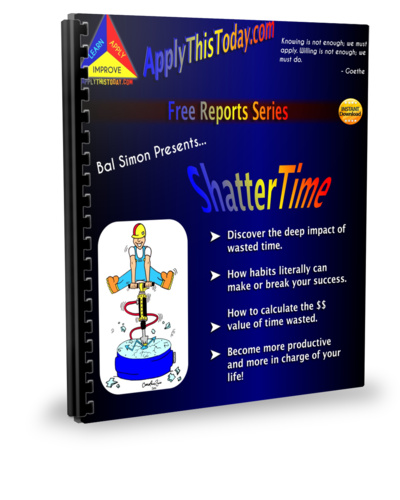Over the last few months, I have been taking music theory lessons from a wonderful teacher, Heidi Wischler. At my choice, these lessons are rather free-wheeling, and we get into some pretty interesting discussions that take me to learning things in a fairly eclectic way, and I am very pleased with the way this education process is going.
Prior to this, I'd been working at this on my own, with only the knowledge I'd picked up over the course of my life, which was enough to get me started, but not enough to move me beyond some very real limits. Through these lessons and discussions, I now see two important parts to the learning process.
Ingredient #1: A Good Teacher
One of the things that Heidi brought to the table was the knowledge of instruments used in an orchestra. Part of this is knowing the ranges of the instruments that musicians use.
You see, it turns out that there is a difference between writing music that my computer can play versus writing a score that real living musicians can physically play. One of the biggest constraints that they face is the musical range of the instruments they play.
For example, in the piece of music I'm currently working on, one of the instruments is the Vibraphone. In the software, I have it playing F#6 - F sharp, 3 octaves above middle C. Don't worry too much about not understanding what this means. It's not the main point. The main point is that that note is just outside the range of a standard vibraphone (which only goes up to F6, a mere half-tone lower). But as little as this difference is, it's huge when it comes to writing for real musicians. Without my teacher's feedback, I don't know how long it would have been before I would have found it on my own.
Action Today Tip #1
If you have been struggling with something for awhile and seem to have gone as far as you can go on your own, consider looking for someone knowledgeable who can help you. To find my music teacher, I went to the local CraigsList and found her ad. People who teach want to be found. You simply need to look.
Ingredient #2: A Better Understanding the Language
Another thing, I am learning the spoken language as it applies to the music that I am writing.
To understand that an aspect of my music is called legato (From Heidi: "the notes are all played full value, smoothly, each note is connected to the next with a slight, gentle articulation") and to then be able to think, "Well, you kno-o-w... I could spice it up with a little staccato." That's something I never would have thought of without this education. And, of course, I could go the other way - where I might break up a staccato passage with notes played legato.
Language is an incredibly important part of any serious study. And while there is no shortage of online material to teach virtually anything I want to know about the language, there is nothing like a good old-fashioned dictionary. A book that I can leaf through. A book where I can stick my finger in at random and find something new to learn about. Much as I enjoy my Kindle, you can't do that with electronic books (at least not yet).
So you can imagine that one of my prized possessions is the Harvard Dictionary of Music. (Not only is it a good reference book, but it also sits very nicely on our coffee table where guests can and have picked it up to leaf through it.) If you want a good music reference, this is one fine book to have. And Lo! You can find it on Amazon.

You may not be a composer; you may never have an interest in composing a single note. But if you love music, and if you like being able to converse intelligently about music that you listen to, consider getting this book. An overall rating of 5 stars on Amazon, with 48 reviewers giving it 5 stars and 6 giving it 4. This book has also stood the test of time and won't be obsolete any time soon.
Action Today Tip #2
If you want to learn something more than casually, there is generally a vocabulary involved. Use a good dictionary to make sure you understand the words used. There is value in a printed dictionary, but it's the word meanings that count; not the delivery system. Also - it's been my experience that a good teacher can help clarify words that dictionaries
One last thing (for now): I will be adding additional blog posts about learning, accelerated learning (something I'm studying now with this book), and about music. I anticipate conducting interviews with some very effective people about how they learn - and more, how they apply what they learn. The ideas, strategies, methods, tools, and services they use to increase their effectiveness - all this will be fair game in the interviews.
To be informed about these posts when they happen, consider subscribing to my newsletter, Better Ways – Today. When a new post is published, an announcement goes out. Simple as 1-2-3.

